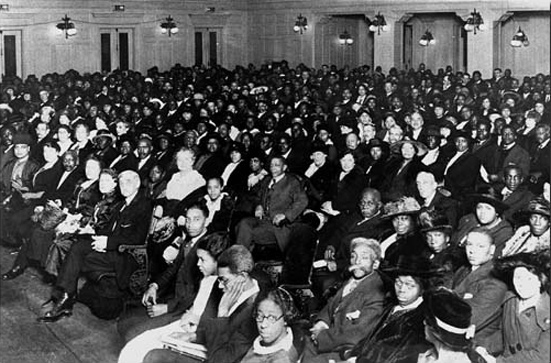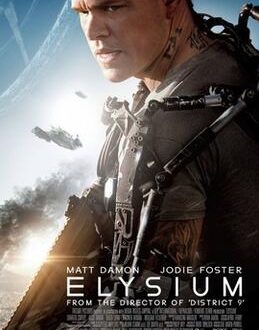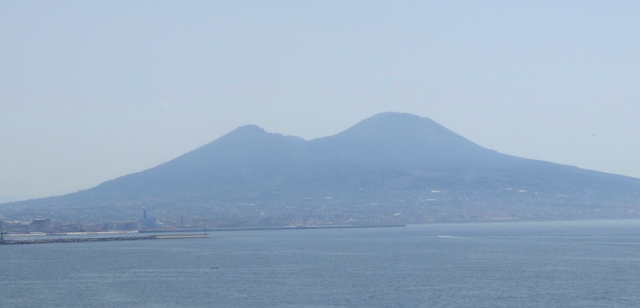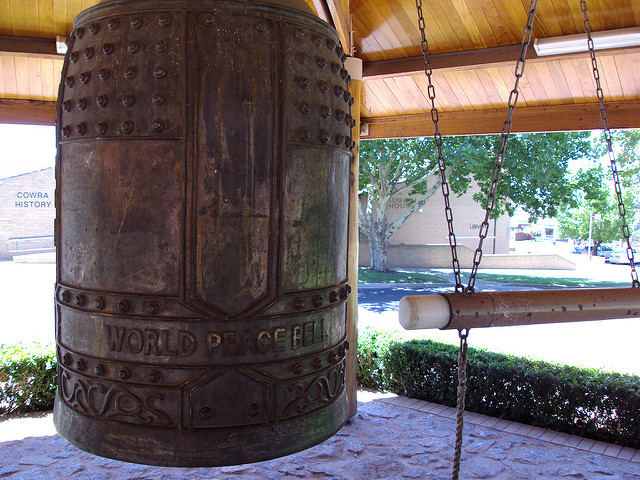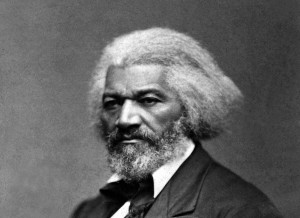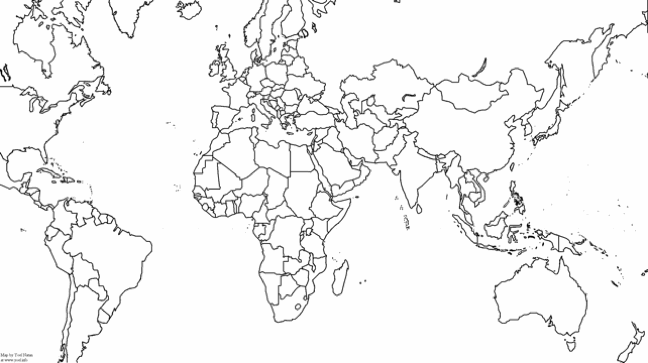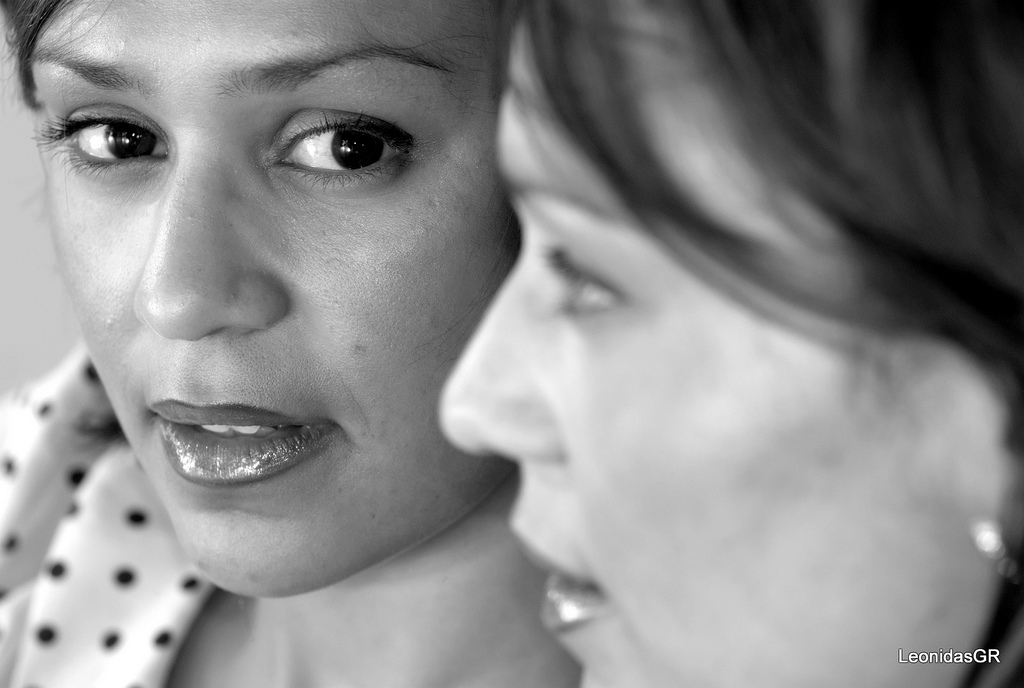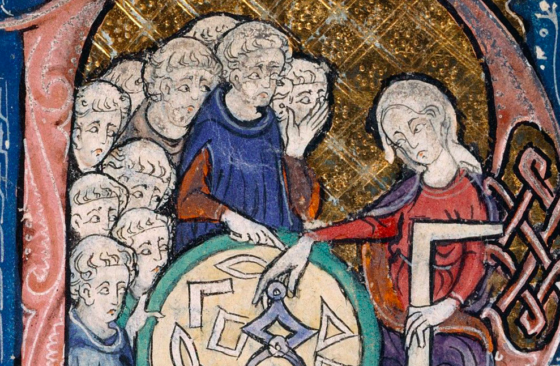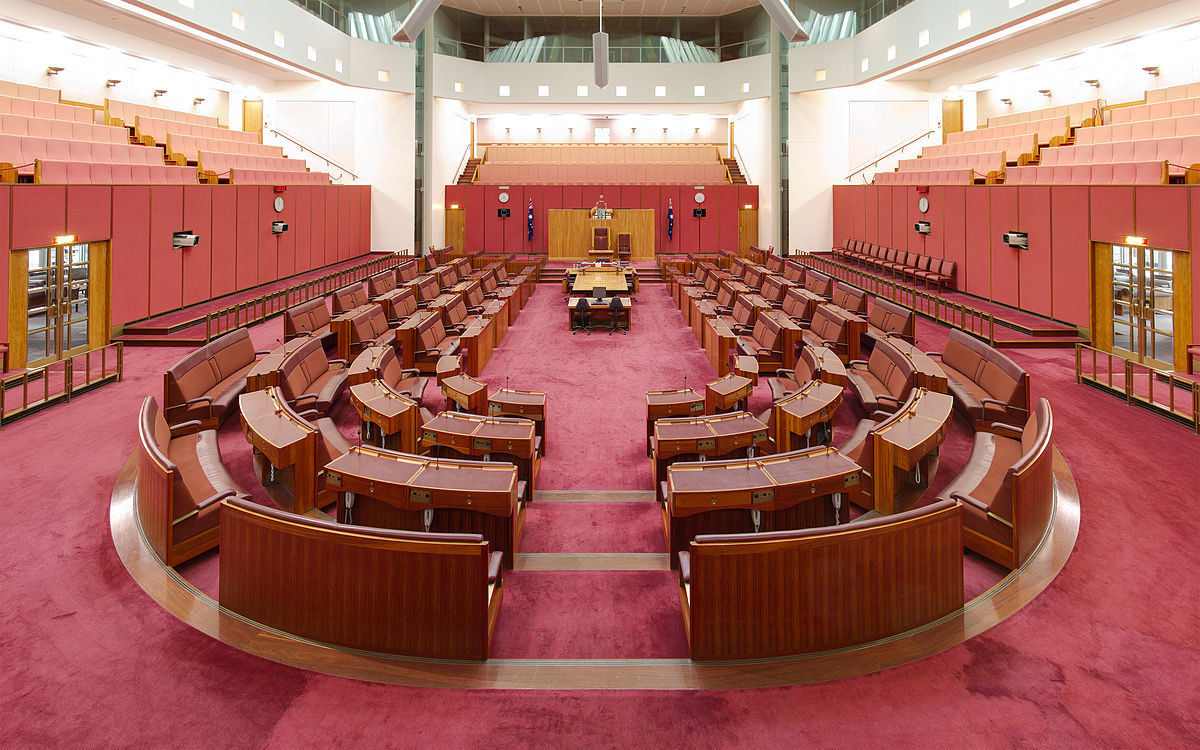-
Frontera Movie Review
The Frontera movie is a story about lives shattered by the US-Mexico border. The story unfolds around two families: one from the Mexican side, one from the U.S. side. Miguel (Michael Peña) crosses the border to find work to support his family, including his pregnant wife Paulina (Eva Longoria). On the other side lives a retired sheriff Roy (Ed Harris) and his wife Olivia (Amy Madigan). From the moment Miguel crosses the border everything goes wrong. As the tragedy unfolds, Olivia is shot and killed. Miguel, in the wrong place at the wrong time, is wrongly blamed. The actions of a cast of villains and fools deepen the tragedy as…
-
The borders of virtue and power
Closing borders: to refugees, to undocumented migrants, raises questions of virtue and questions of power. The public debate around borders is so fractured, so superficial, so bedevilled with assumption and ritual conflict that it conveys little new meaning. It simply reiterates the existence of a continuing contest – a contest that often is more about power than rights. In this contest we see progressively increasing brutality and violence. Resort to force, implicit or explicit, is the modern day tool of choice underpinning this public debate. Whether in the sophisticated armory and defenses of international borders or the increasing instances of riot of those who assert their freedom. The tiny island of Lampedusa saw such an example this…
-
Would you have me argue that all human beings are equal?
Frederick Douglass was a remarkable worker for human rights. Although he lived more than a century ago, his thoughts remain pressingly relevant. He began life as a slave, but winning his own freedom, he fought not only for abolition of slavery but also gave his support to other human rights causes, such as the emancipation of women. Born in 1818 in Talbot County, Maryland, he was separated from his mother at an early age, he writes, as was typically done with slave children. His father, he believed, was his mother’s master. Even though it was against the law for slave children to be taught to read and write, Sophia Auld the…
-
Do Foreigners Have the Same Human Rights as the Rest of Us?
At the core of human rights is the axiomatic truth that human beings have inherent rights: that all human beings are equal and possessed of dignity and that violation of such rights is both morally offensive and legally impermissible. An alternative ordering of human relationships is mandated by exclusive national citizenship. Implicitly and explicitly national citizenship counsels the primacy of the privileged ‘citizen’ over the ‘non-citizen’ ‘other’. Everywhere we see the manifestation of this ordering in gross, systematic and widespread human rights violations: in our laws, practices, attitudes and media. Some of ‘us’ are the privileged beneficiaries of those violations: and we violate the human rights of foreigners as if…
-
Migrant Rights? Not our problem …
Despite being urged to do so, Australia will not ratify the Migrant Workers Convention: one of the major human rights treaties of the world. The Australian Human Rights Commission and countries taking part in a review of Australia’s human rights performance under the UN universal periodic review, urged Australia to consider ratifying the International Convention on the Protection of the Rights of All Migrant Workers and Members of Their Families (Migrant Workers Convention). Australia will not even consider this recommendation. The Australian government response stated that “it views the existing protections for migrant workers as adequate” and that Australia “does not intend to become a party to ICRMW”. Australia has many migrant workers simply…
-
Libya’s Migrant Slaves
Among the tragedies befalling the people of Libya, is the tragedy befalling its migrant workers. On 9 March the International Federation of Red Cross and Red Crescent Societies reported that 30,000 migrant workers were forced back into Libya by forces loyal to Muammar Gaddafi to ‘return to work’ in Tripoli. This forced return amounts to slavery. It also violates international human rights in another way: Everyone has the right to leave any country … (article 14(2) Universal Declaration of Human Rights). Almost as soon as the uprising began in Libya the bonds that had held a multi-national community together fell apart. Although nationals and foreigners had lived together and shared their future before the uprising – after the uprising a person’s…
-
The Crisis of Human Rights: Discrimination Against Non-Citizens
The basic idea at the heart of human rights is that all human beings are equal: equal in rights – equal in human dignity. This idea is universally accepted and believed. At the same time another idea – the idea that we are separately citizens of different countries is also a feature of the modern world – and the way it is practised has led to enormous discrimination and violation of human rights. In reality people, as a matter of law, have different fundamental rights even though we believe that all human beings are equal. In a recent paper titled “Human Rights in the Age of Migration: An Empirical Analysis of Human…

